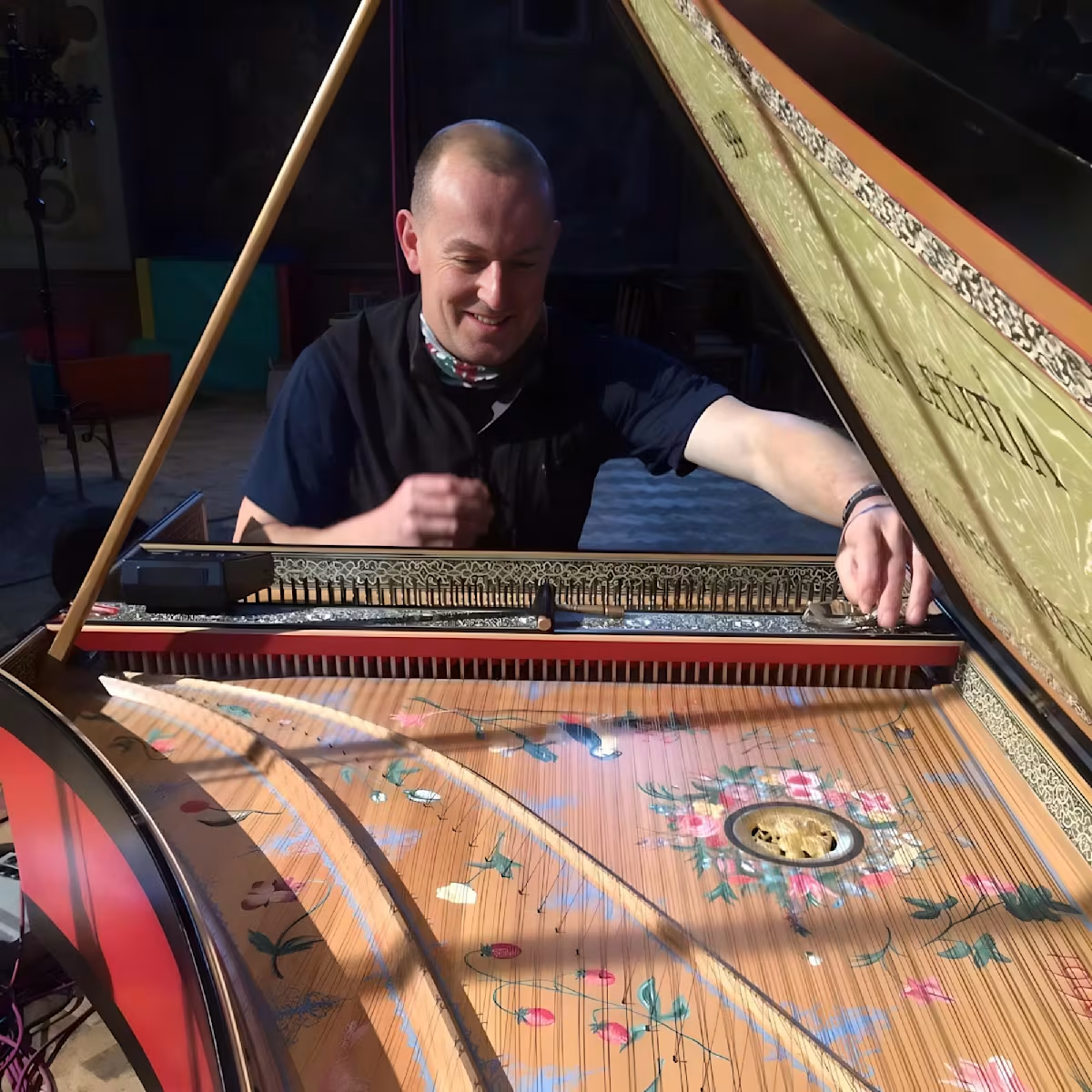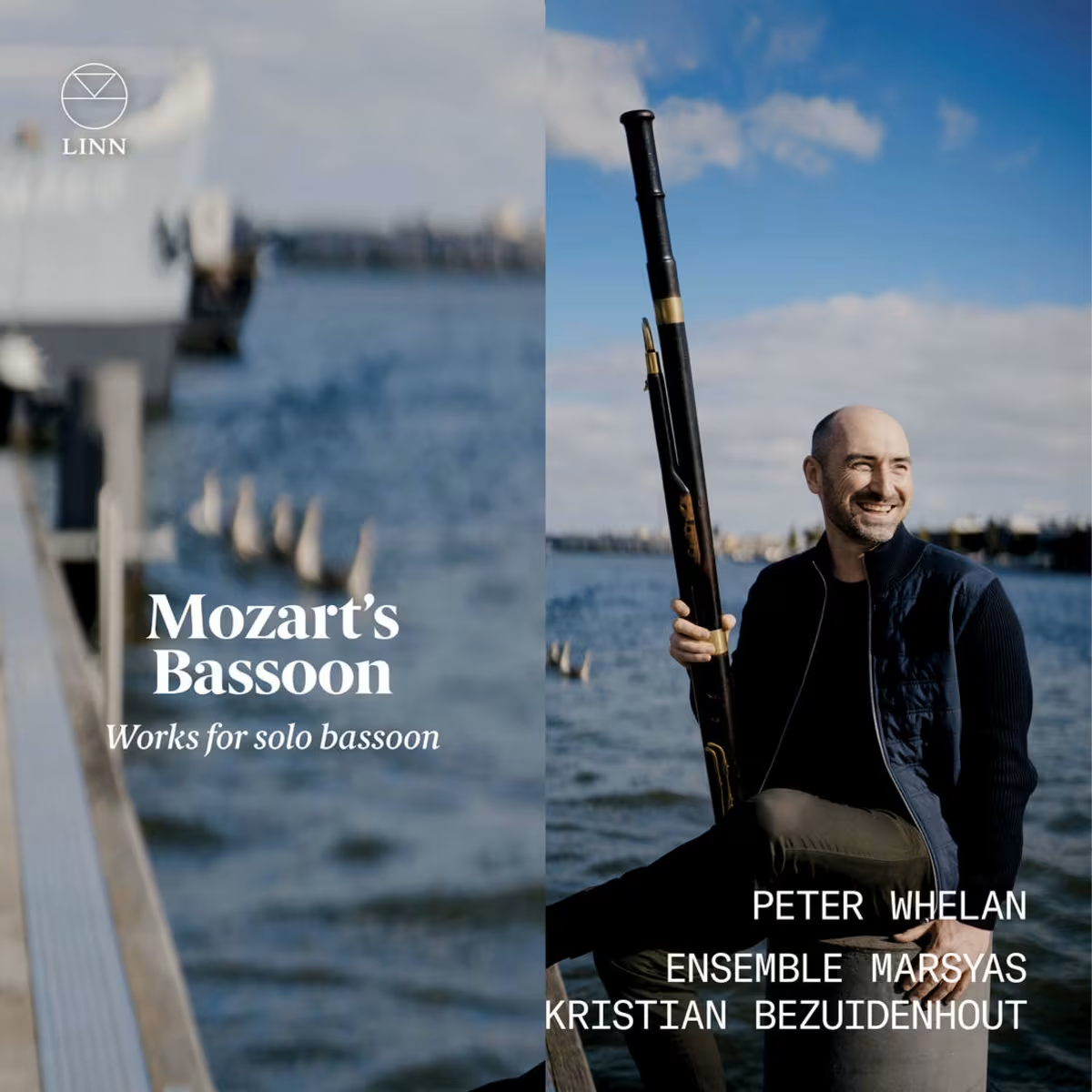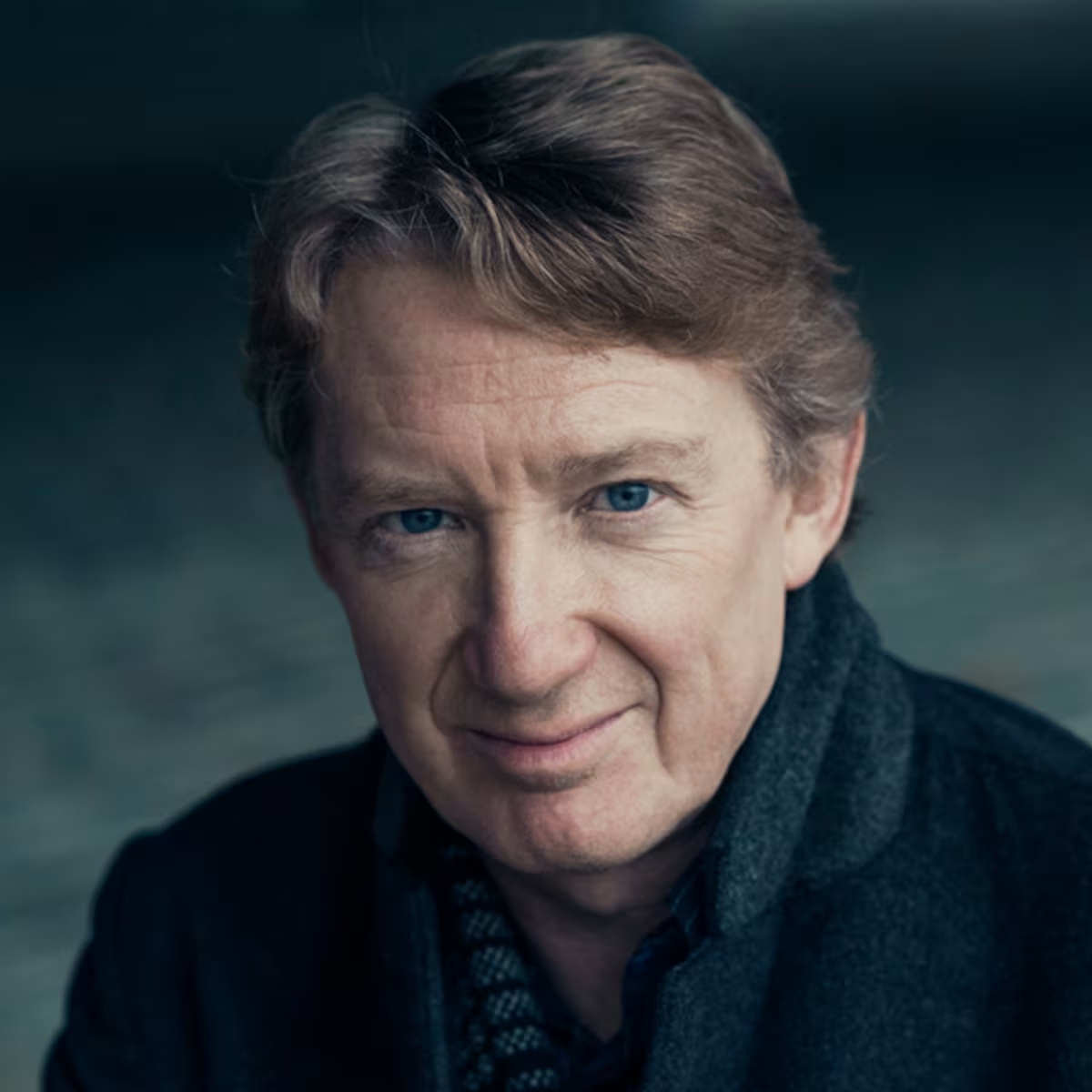Feature
Jordi Savall: Breaking Down Boundaries
The Jordi Savall Interview | Part III
Share this

FIRST PUBLISHED 19 APR 2025
In 2009, Jordi Savall was named UNESCO Artist for Peace, for his ‘outstanding musical commitment to intercultural dialogue’. Navigating the depressing litany of war and political turbulence in our world continues to be, he feels, one of his main concerns as a musician.
‘The more the world rushes into disaster, the more you need the beauty of music,’ says Jordi Savall. ‘In fact, for people around the world that have suffered wars, oppression, genocide – it’s among those societies that you’ll find the most beautiful music. When times are tough, music isn’t just an entertainment or something to indulge in, it is a necessity. A Jewish family that was expelled from Spain in 1492 to Morocco or to the far reaches of the Ottoman Empire, would have continued to sing every day the songs that had been part of their culture at home for 500 years. These songs gave them a sense of peace, of hope, and a connection with their roots.'

‘Music is the only language we can share with all the world,’ Savall continues. ‘My own musical upbringing in Catalonia has been hugely influenced by Jewish and Arab cultures – and all sorts of music from around the Mediterranean. From an early age, I was listening to folksongs from all these different cultures, and it gave me a sense that popular music is not in any way secondary to classical music. Traditional music gives you the essence of every civilisation. Popular music is made to make people happy, to help them to survive struggles and make life possible. Take, for example, slave songs: African slaves suffered incredibly – they were taken from their homes, treated with terrible cruelty, and lost everything. But not their music! It’s through their songs that their humanity and spirit survive.’

Savall cites the writings of the Nobel Prize-winning German-language writer, Elias Canetti, as a major influence on his own thinking about the power of music in society. One of Canetti’s main concerns was how individuals are absorbed into collective experiences, with music being one of the most seductive of all. ‘Canetti wrote, “In music, man loses his boundaries”. When we listen to medieval songs, or Renaissance polyphony, or Baroque solos, we feel viscerally the very emotions that inspired that music, and it creates a great empathy and resonance with human history.’

Ash Khandekar’s full interview with Jordi Savall, exclusively on Continuo Connect, will be available from Sunday 20 April.
Share this
Keep reading

In conversation: Andrew Wooderson
Continuo Connect meets maker and supplier of early keyboard instruments, Andrew Wooderson, who has a passion for fine craftsmanship.

Mozart’s Bassoon
Mozart's Bassoon - a recording of works for solo bassoon by Peter Whelan and Ensemble Marsyas with Kristian Bezuidenhout.

Beyond the Glass Pavilion: Douglas Boyd’s Garsington
Continuo meets Douglas Boyd, Artistic Director of Garsington Opera, to discuss this season's productions of Rodelinda and Fidelio with The English Concert.

